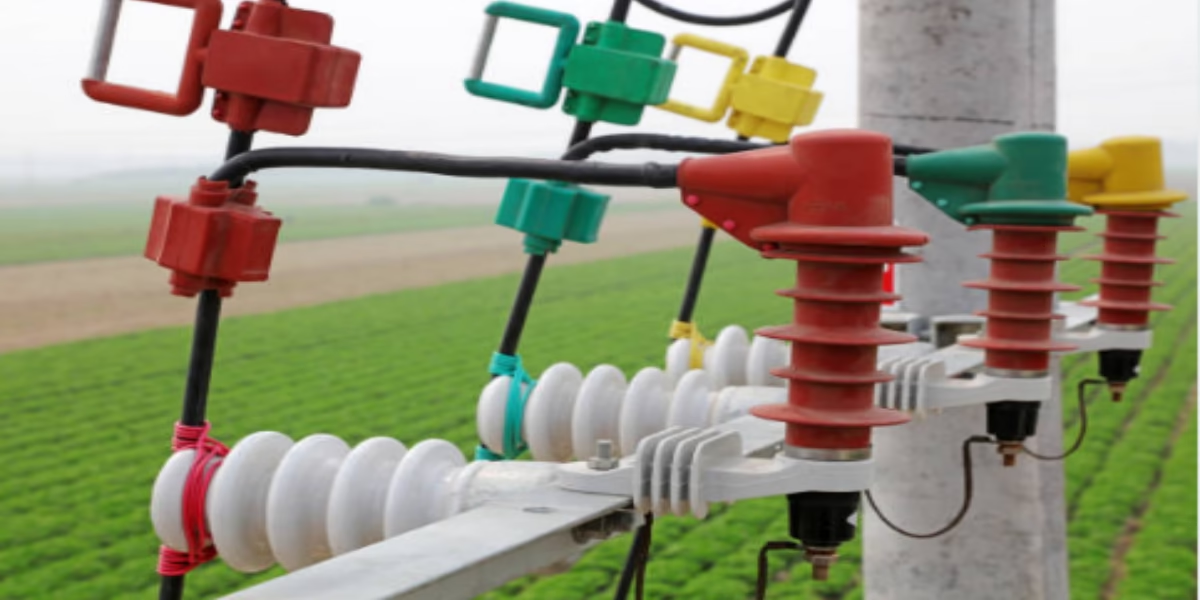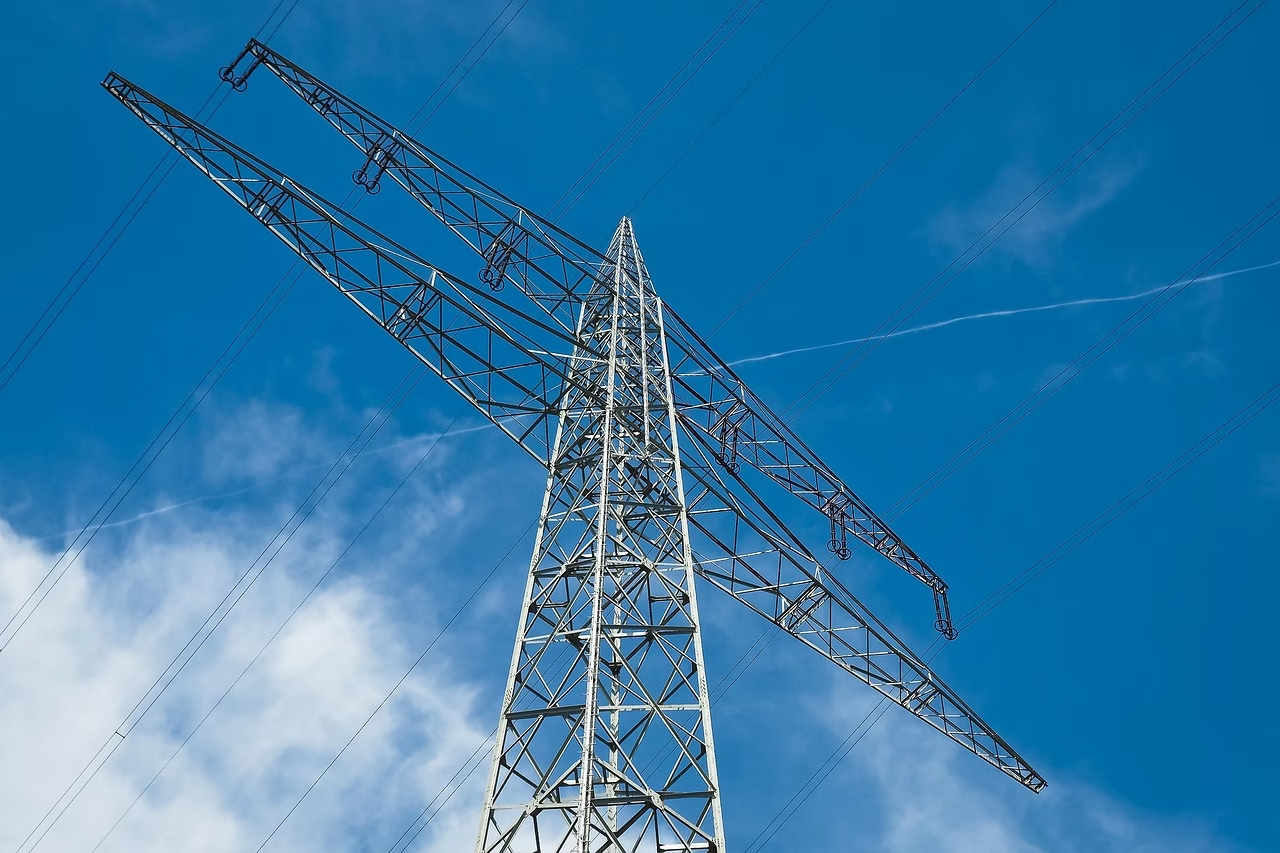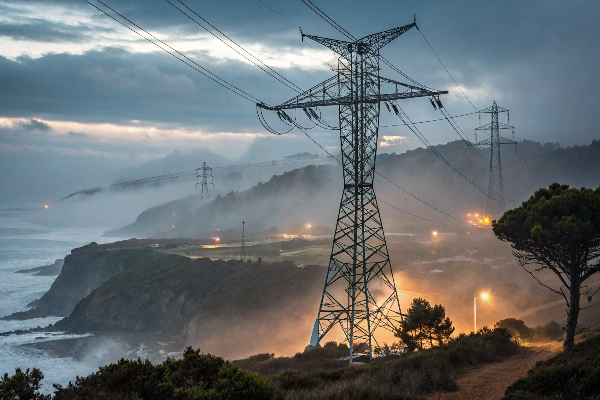Unveiling teh leaders: Top Manufacturers of Polymer Insulators
In the evolving landscape of electrical infrastructure,polymer insulators have emerged as a game-changer,providing resilience and reliability in an age where durability and efficiency are paramount. As the world shifts towards more enduring and advanced materials,the spotlight is increasingly on the innovators who are at the forefront of this conversion. This article will take you on a journey through the realm of polymer insulators,unveiling the top manufacturers that have set the benchmark for excellence. We will explore their contributions to engineering best practices, the technologies that drive their success, and the impact they have on the future of energy transmission. Join us as we delve deeper into the minds and machinery behind these modern engineering marvels,illuminating the leaders shaping the path of electrical safety and sustainability.
Table of Contents
- Exploring the Market Dynamics of Polymer Insulator Production
- Innovative Technologies Shaping the Future of Polymer Manufacturing
- Assessing Quality Standards and Certifications in Polymer Insulators
- Strategies for Selecting the Right Manufacturer for Your Needs
- Q&A
- In Summary
Exploring the Market dynamics of Polymer Insulator Production
The market dynamics of polymer insulator production are shaped by a complex interplay of technological advancements, regulatory frameworks, and shifts in consumer preferences. robust demand for durable, lightweight, and environmentally friendly insulators has led manufacturers to innovate continuously. The emphasis on sustainability has prompted companies to adopt green production techniques while ensuring compliance with international standards. Additionally, emerging economies are experiencing increased demand for electrical infrastructure, driving growth in the polymer insulator market. With the expansion of renewable energy sources and smart grid technologies, the market is poised for important transformations in the coming years.
Key players in the market are leveraging strategic partnerships and investments to bolster their production capabilities. Top manufacturers are not only aiming to enhance product performance but are also focusing on cost efficiencies to maintain competitiveness. A few notable strategies include:
- Collaborations with research institutions for innovative product development
- Investment in automation and advanced manufacturing techniques
- Expansion into emerging markets through strategic acquisitions
To provide a clearer insight into the competitive landscape, the following table details some of the major manufacturers and their notable contributions:
| Manufacturer | headquarters | Notable Product Innovations |
|---|---|---|
| General Electric | USA | High-performance composite insulators |
| siemens | Germany | Smart grid-enabled polymer insulators |
| RGPV | India | Eco-friendly insulation solutions |
| SEVES group | Italy | Multi-functional polymer materials |
innovative Technologies Shaping the Future of Polymer Manufacturing
In recent years, the landscape of polymer manufacturing has been transformed by groundbreaking technologies that enhance efficiency, sustainability, and quality. Among these innovations, additive manufacturing and advanced polymer composites stand out. Additive manufacturing, or 3D printing, allows for intricate designs that were previously unattainable, enabling manufacturers to create lightweight insulators tailored to specific applications. Conversely,advanced polymers infused with nanoparticles enhance mechanical and thermal properties,ensuring that insulation materials can withstand extreme conditions while maintaining performance integrity.
Additionally, the shift towards automation and robotics in manufacturing processes has led to significant improvements in precision and productivity. Automated systems facilitate streamlined production lines that reduce human error and increase output without sacrificing quality. Moreover, the integration of smart technologies like IoT (Internet of Things) sensors provides real-time monitoring of manufacturing parameters, allowing for proactive adjustments and predictive maintenance. These advancements not only contribute to greater efficiency but also minimize waste, aligning with the industry's move towards more sustainable practices.
Assessing Quality Standards and Certifications in Polymer Insulators
In the realm of polymer insulators, ensuring quality standards and certifications is paramount for manufacturers aiming to establish credibility and reliability in their products. Various organizations, such as IEC (International Electrotechnical Commission), ASTM (American Society for Testing and Materials), and ANSI (American National Standards Institute), set specific benchmarks that polymer insulators must meet to be deemed suitable for use in electrical systems. The adherence to these standards not only enhances product safety but also improves operational longevity, thus benefiting both manufacturers and end-users alike. Manufacturers who take quality assurance seriously often invest in rigorous testing protocols that cover a range of performance criteria, including electrical, mechanical, and thermal properties.
Moreover,obtaining certifications from recognized bodies can considerably bolster a manufacturer's reputation and market competitiveness. These certifications serve as a testament to the durability and efficiency of their products, and frequently enough include:
- ISO 9001: A standard that specifies requirements for a quality management system.
- ISO 14001: focused on effective environmental management systems.
- IEC 61109: Pertains specifically to composite insulators used in power distribution applications.
By aligning themselves with these esteemed standards, manufacturers not only reaffirm their commitment to quality, but they also foster consumer trust, leading to a more robust market presence. The difference between average and remarkable polymer insulators often hinges on these crucial quality milestones.
Strategies for Selecting the Right Manufacturer for Your Needs
Choosing the ideal manufacturer for polymer insulators requires a careful evaluation of several key factors to ensure that your specific needs are met. Start by assessing experience and expertise within the industry.Look for manufacturers with a proven track record, as this frequently enough correlates with quality and reliability.Consider their previous projects and client testimonials to gauge their capacity to meet your standards. Additionally, reviewing certifications and compliance with industry standards can provide insight into their adherence to safety and quality protocols, which is crucial for insulator performance.
Another critical aspect is evaluating manufacturing capabilities. Some manufacturers may specialize in specific types or sizes of insulators, so identifying one that aligns with your project requirements will save time and effort. Additionally, consider their capacity for customization. If your project requires unique designs or materials, finding a flexible manufacturer who can adapt to your needs is essential.Here’s a simplified table to summarize the selection criteria:
| Criteria | Importance |
|---|---|
| Experience and Expertise | High |
| Certifications and Compliance | Medium |
| Manufacturing Capabilities | High |
| Customization Options | Medium |
Q&A
Q&A: Unveiling the leaders in Polymer Insulators Manufacturing
Q1: What are polymer insulators, and why are they critically important in the electrical industry?
A1: Polymer insulators are electrical insulators made from synthetic materials such as silicone rubber or epoxy. They have gained popularity due to their lightweight nature, resilience against environmental conditions, and electrical insulation capabilities. These features make them essential for high-voltage power transmission systems, where reliability and durability are paramount to prevent outages and ensure safety.
Q2: How do polymer insulators compare to customary porcelain or glass insulators?
A2: Unlike traditional porcelain or glass insulators, polymer insulators offer several advantages, including lower weight, which eases installation and reduces the structural demands on towers and other infrastructure. They also exhibit superior resistance to breakage and superior hydrophobic properties, which help mitigate wet conditions that can lead to electrical failures. Additionally, polymer insulators generally require less maintenance over time, contributing to overall cost efficiency.
Q3: Who are the leading manufacturers in the polymer insulator market?
A3: The landscape of polymer insulator manufacturing is dominated by several key players. Notable companies include Siemens, General Electric, and Trench Group, alongside specialized manufacturers like Polymer Insulators LLC and Lapp Insulators. Each of these companies has carved a niche by focusing on cutting-edge technology and adherence to stringent quality standards, setting benchmarks in the industry.
Q4: What innovations are these manufacturers bringing to the market?
A4: Manufacturers are continuously innovating, with a focus on enhancing the performance and sustainability of polymer insulators. This includes the development of advanced materials that improve resistance to UV degradation and tracking, as well as smart insulators equipped with sensors that monitor environmental conditions and integrity in real time. These innovations not only extend the lifespan of insulators but also contribute to smarter energy management systems.
Q5: What challenges do manufacturers face in the polymer insulator industry?
A5: Manufacturers confront a myriad of challenges, including fluctuating raw material prices, stringent environmental regulations, and the need for continual technological advancements. Additionally, there is increasing competition from emerging markets and alternative materials, which can pressure established companies to innovate rapidly. Balancing quality assurance and cost-effectiveness in production while navigating these challenges is crucial for long-term success.
Q6: How is the demand for polymer insulators expected to evolve in the future?
A6: The demand for polymer insulators is anticipated to soar, primarily driven by increasing investments in renewable energy and the upgrade of aging power infrastructure. As countries transition towards greener energy solutions, the reliance on efficient and resilient insulation technologies will only grow. This trend presents a significant prospect for manufacturers to expand their product offerings and enter new markets while also pushing the boundaries of innovation in material science.
Q7: What impact do polymer insulator manufacturers have on sustainability in the electrical industry?
A7: Polymer insulator manufacturers play a vital role in promoting sustainability within the electrical industry. By creating lighter and more durable products, they contribute to more efficient energy transmission, reducing line losses and energy wastage. Many manufacturers are also focusing on environmentally friendly production processes and recycling programs for used insulators, helping to lessen the ecological footprint of their operations and products.
Q8: How can stakeholders stay informed about developments in the polymer insulator market?
A8: Stakeholders can remain informed by following industry publications, attending trade shows and conferences, and participating in webinars focused on electrical engineering and materials science. Engaging with professional organizations and following news from leading manufacturers also helps stakeholders stay updated on trends, innovations, and regulatory changes impacting the polymer insulator market.
---
In exploring the world of polymer insulators, it's clear that the industry's leaders not only excel in manufacturing but also play a crucial role in shaping the future of energy transmission and sustainability.
In Summary
As we conclude our exploration of the leading manufacturers in the world of polymer insulators, it is clear that innovation, quality, and sustainability intertwine at the heart of this crucial industry. These pioneering companies not only push the boundaries of engineering but also set benchmarks in safety and reliability, ensuring that our electrical infrastructure remains resilient in the face of ever-evolving challenges.
The spotlight has illuminated the visionaries and practitioners who drive forward the development of polymer insulators, demonstrating an unyielding commitment to excellence. As we look to the future, the contributions of these leaders will undoubtedly shape the landscape of energy transmission and distribution, providing the backbone for a more sustainable and efficient world.
In this journey of discovery, we recognize that the advancements in polymer insulator technology are not merely feats of engineering—they are essential components in the quest for a greener and more connected planet. As the industry continues to evolve, we anticipate further innovations that will ensure the reliability of our power networks for generations to come. Thank you for joining us in this insightful tour of the champions behind the scenes; may we continue to support and celebrate the advancements that empower our energy future.





